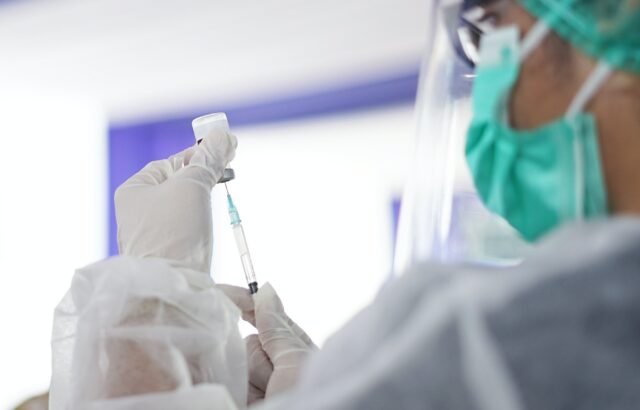iPaulina

Anti-Ageing Ambition
To date, medication and healthy habits have increased life expectancy but they have not necessarily increased the number of healthy years lived.Instead, these methods have often prolonged ill peoples’ suffering. Currently, huge investment is being made into the research of cellular reprogramming to reverse the human ageing process. Recently, a team working at Harvard Medical School studied a group of 124-week-old mice (equivalent to a 77-year-old human). Once every two weeks, half of the mice received a placebo, while the others were injected with a modified virus carrying additional pieces of genetic code. The mice that received treatment produced Yamanaka factors, returning gene expression networks to optimal functions, and returning the mice to a younger state. The treated mice lived for an additional 18 weeks on average, compared to half that time for those that didn’t undergo cellular reprogramming. In addition to living longer, the mice that received the genetic code stayed healthier for longer. This technology has also allowed certain mice to regain eyesight, develop younger brains and build healthier muscle and kidney tissue. Research is ongoing to find a way to deliver genetic switches evenly in all cells in mice so the entire mouse is rejuvenated at once. Although this promising research will certainly transform the way we view ageing and the way we will tackle ageing-related diseases, it will inevitably take a long time until human trials take place.
Alice, VI







